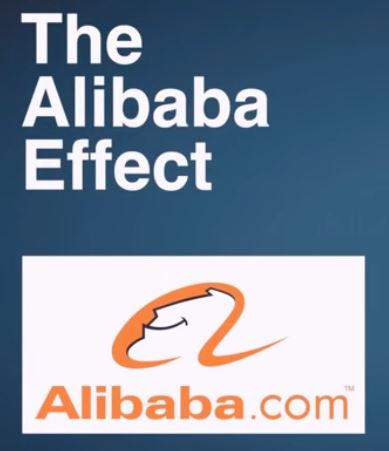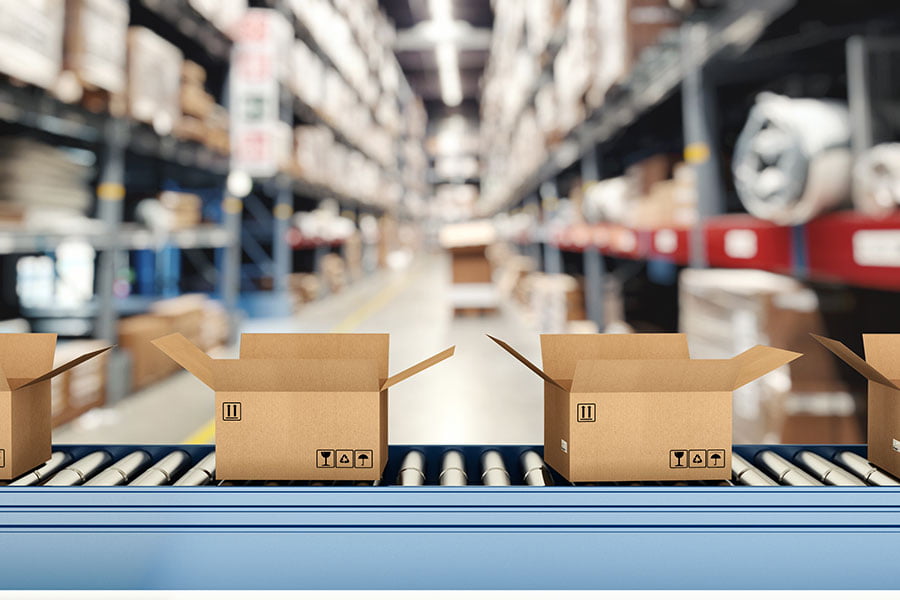Published October 1, 2014
- Forward Marketplaces: Where retailers place their unique offerings on other marketplaces such as custom designed products or private label for generic products, proprietary brands, and exclusive “own” brands.
- Backward Marketplaces: Where retailers place other merchants’ unique offerings on their own sites in order to increase selection available to consumers, own a category or several categories of goods, and/or drive online and in-store traffic.
In order to reap the full benefits of these online marketplaces, retailers must evaluate their supply chain performance and turn them into a source of competitiveness. Providing products in a multichannel or omnichannel environment is very challenging from a people, process, facility, inventory, technology, and organizational perspective. Supply chains must be capable of functioning seamlessly to the customer, and they are further challenged by the need for speed. There has never been a time in a retailer’s life that speed of delivery and flawless execution have been so critical. It still rings true that the real competition is supply chain against supply chain-not company against company. Reconsider how you are bringing your products to consumers. Is Alibaba factored into the equation and part of your analysis? Learn more about how Alibaba impacts the supply chain by watching The Alibaba Effect, a video that has exposed thousands of retailers to this force in global online sales.



